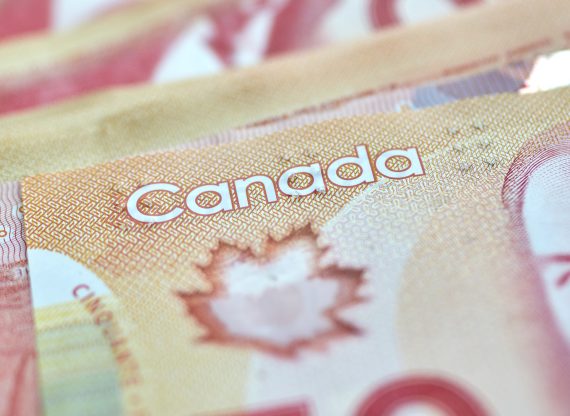
4-minute read
Let’s not forget the interests of low-income consumers
A key part of the business models of low-cost retailers is hiring less-skilled workers for modest pay; wage increases would drive up prices.

10-minute read
Wealth Taxes End Up Hurting Main Street
The idea of a Canadian wealth tax continues to inspire certain politicians and activists. Less than two weeks ago, the Parliamentary Budget Officer again responded to a request from a member of the House of Commons regarding the cost of such a tax. As recently as July 13, 2020, the media reported that heiress Abigail Disney and others of the “super rich” were calling for the introduction of a wealth tax to finance COVID-19 assistance measures. This publication highlights the inefficiency of this kind of tax, and the fact that it is less well-off taxpayers who pay for it in the end.

5-minute read
Ending the Lockdown Depression
Lockdown measures were put in place hastily and, apparently, without considering their economic and social costs. In this publication, researchers attempt to quantify the impact of lockdown measures.

10-minute read
Principles for Responsible Government Relief During a Crisis
The economic catastrophe due in large part to physical distancing measures has led the various levels of government to implement relief measures. This MEI publication provides a critical look at the relief measures currently in effect all while identifying the principles that should guide government action. The researchers notably observe that measures aiming to preserve employment links, like wage subsidies, are the most conducive to rapid economic recovery.

4-minute read
What lower COVID mortality rates mean for policy
Last week, the Centers for Disease Control (CDC), the leading US health agency for infectious diseases, released a dramatic downward revision to their estimate of COVID-19 fatality.

4-minute read
Le cirque clownesque du nationalisme économique
Le nationalisme économique, en plus d’être une forme insidieuse de protectionnisme, a ce petit défaut: il donne parfois l’impression de vivre dans une république de bananes.

4-minute read
Des solutions pour aider les restaurateurs
L’industrie de la restauration est sans l’ombre d’un doute l’une des plus affectées par les mesures de distanciation physique présentement en vigueur.

5-minute read
The Lessons to Be Learned from Past Pandemics
In addition to a health crisis, the coronavirus pandemic raises concerns about an economic crisis. While several commentators draw parallels with the Spanish influenza, this MEI publication analyzes the economic lessons that should be learned from this historical episode.

11-minute read
Why Canada Does Not Need a Marshall Plan
More and more people are arguing in favour of a kind of “Marshall Plan” of government intervention after the coronavirus crisis. MEI Fellow Peter St Onge argues that Canada needs the exact opposite.

4-minute read
It’s time for targeted federal stimulus
As the coronavirus continues to spread, calls are rising for aggressive stimulus to fight the economic fallout.

